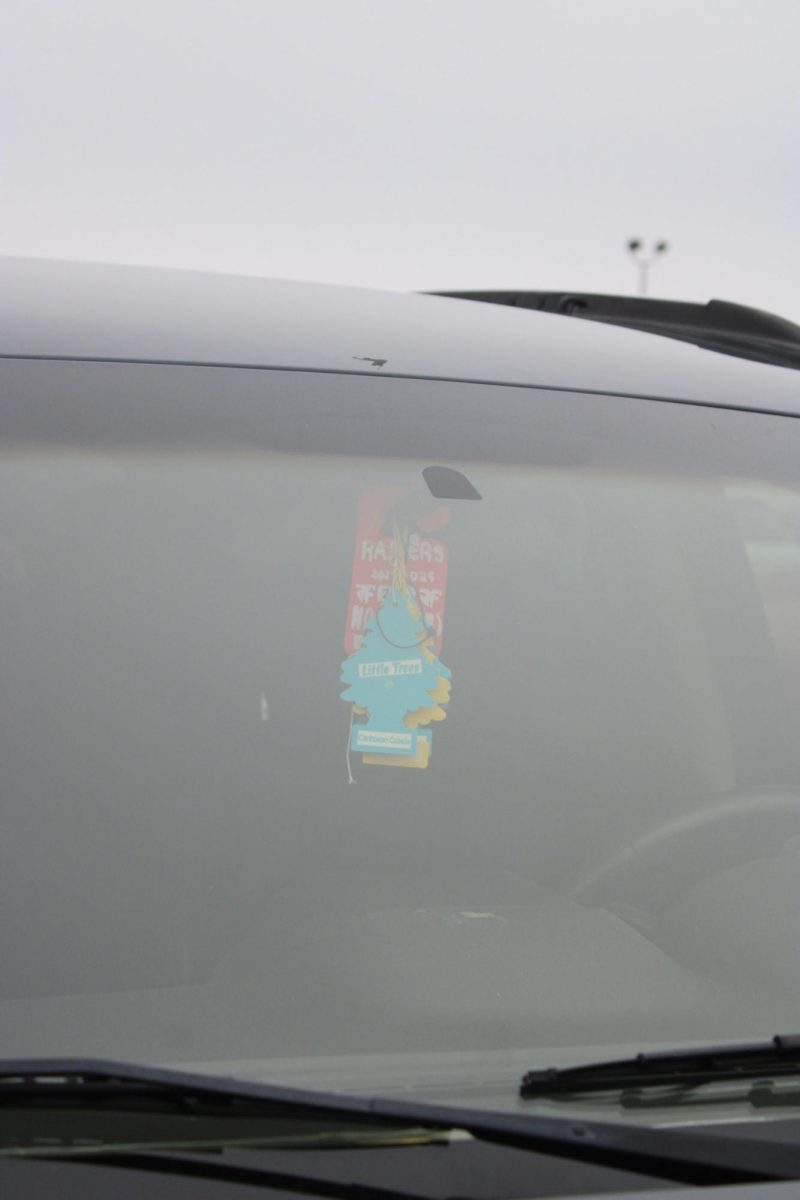Low Paying Jobs That Can Pay Lower Than Minimum Wage
Student workers are often overlooked as the most common group of workers who make below minimum wage.
April 23, 2019
Based on the national average, one in four high school students over the age of 16 are employed with some type of part-time job. While there are many high school students earning an income and attending school simultaneously, not all of these student workers are paid reasonably for their labor because of various reasons. Certain employers take into account legal exceptions that allow them to pay their employees less than the national minimum wage.
The State of Georgia’s minimum wage, at $5.15 per hour, is actually less than the federal minimum wage, which is $7.25 per hour. Most states, such as Idaho, Indiana, Kansas and Kentucky, have at least raised their minimum wages to the national requirement. However, Georgia’s minimum wage remains at $5.15. And while the national minimum wage overrules the state legislation because the wage is lower, there are still loopholes and exemptions that grants employers the right to pay less than minimum wage, including:
- Youth workers under the age of 20 can earn less than $7.25 per hour for the first 90 days of their employment, before graduating to minimum wage.
- Some workers with disabilities can earn less than minimum wage, as can full-time students employed in certain jobs.
- Farm employees can be paid below minimum wage. This is supposed to make it easier to find workers (as in the case of paying family members).
- Seasonal and recreation workers who work at fairs, ski lodges, amusement parks and more–people who are needed only on a temporary basis –can be paid below minimum wage.
- Independent Contractors or self-employed people can be paid below minimum wage. (Employees are required to be paid minimum wage, but not employers.)
- Babysitters are usually not paid minimum wage because the employers (parents) decide the wage amount.
- Tipped employees, such as waitresses and waiters, are not paid minimum wage because they are expected to make greater than minimum wage in tips. Their starting minimum wage is actually $2.13 an hour.
Less controversial and well-known jobs also make less than minimum wage, including switchboard operators, seamen on foreign vessels, employees in the fishing industry and newspaper delivery workers.
Many of the student workers at North Forsyth High School and in Forsyth County fall into several of these categories. For example, students who work part time for their parents, as independent contractors or in recreational departments, such as the Dobbs Creek Rec Center, may be paid less than minimum wage. Being employed in these positions grants employers the right to pay student workers less than minimum wage.




